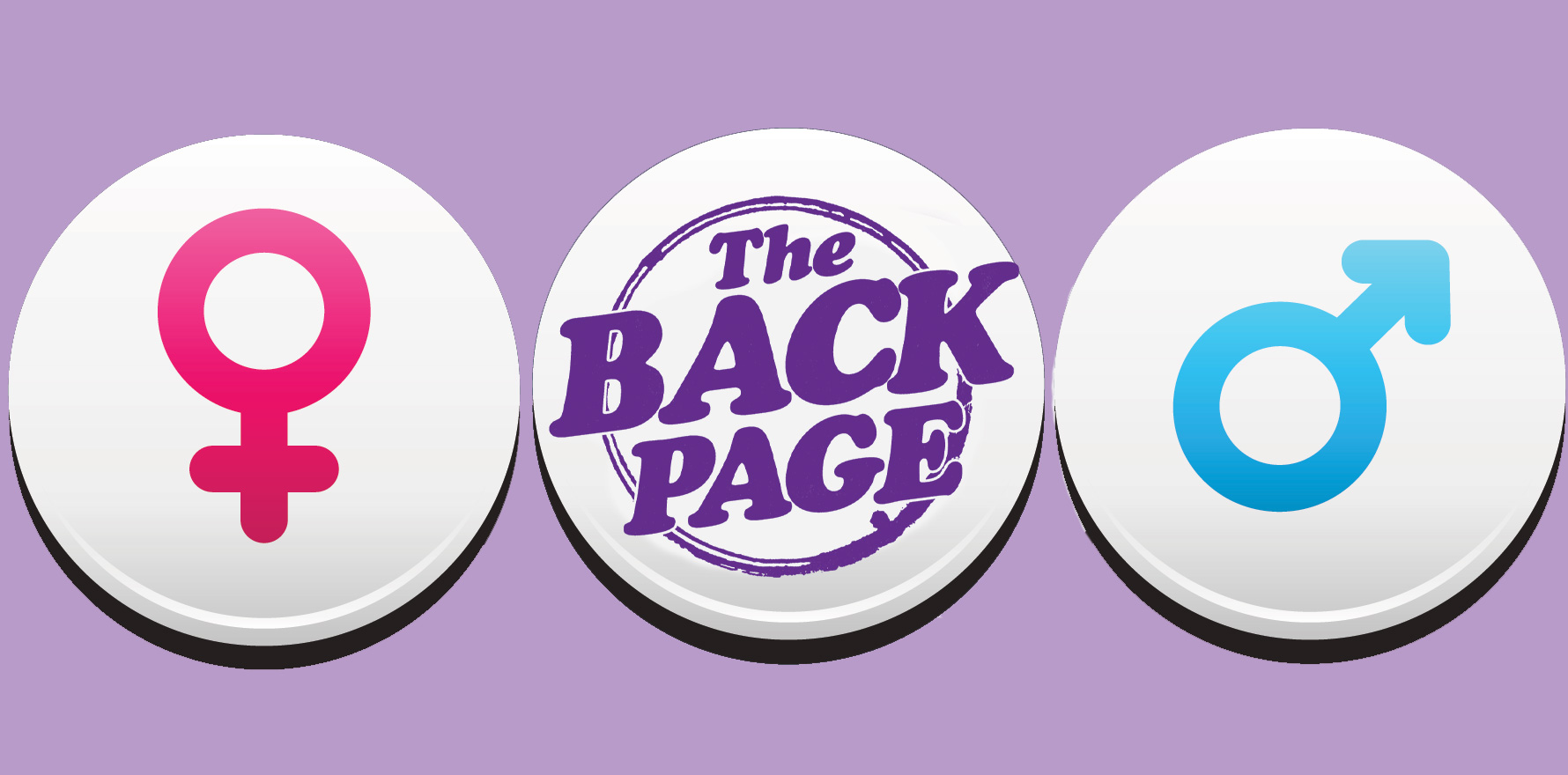Who knew? When it comes to covid, men are from Planet Job and women are from Planet Friends and Family.
There’s been a lot said lately about equity gaps in medical research. It goes beyond the usual institutional racism, sexism, ableism, ageism et al. present in hospitals and other clinical settings.
Unless you are a white, middle-aged, able-bodied, cisgendered bloke with a bit of cash in his pocket, it’s quite likely you are underrepresented in clinical trials and the subsequent care standards and guidelines that emerge from them.
Because, apparently, it’s a relatively new revelation to the medical research community that not only are men and women physically different, they might also react differently to the same drug, cry at different places in the rom-com, and cope differently under stress.
Who knew? I was today years old, seriously.
Now, if we needed further proof, comes new research from the University of Würzburg in Germany, which looked at how men and women reacted during the first year of the covid pandemic when public health restrictions, including lockdowns and isolation, were in place.
The researchers analysed data from a cohort of around 5000 randomly selected volunteers from the general population of Würzburg and originally focused on the development of cardiovascular diseases. But during the covid pandemic, the program was expanded to include the psychosocial impacts of the pandemic, the lockdown, and other side effects.
A total of 2890 people (1520 women and 1370 men) took part in the survey. Their ages ranged from 34 to 85, with a median of 60. Between June and October 2020, they filled out a questionnaire about their mental health, including information about how strongly they felt supported by their social environment, their colleagues and superiors, and whether they had someone with whom they could discuss their problems. They were also asked to what extent bans on the contact with parents and grandparents burdened them and how much stress they felt at work or at school. Financial problems or worries about them were the subject of further questions.
Lead investigator Professor Grit Hein and her team used network analysis to identify variables that were particularly related to other variables. The network can, for example, show complex relationships between symptoms of different mental disorders and thus explain possible comorbidities.
The findings were “unambiguous”, according to the researchers.
“In men, anxiety increases along with concerns about the job, an effect which does not show in women,” said Professor Hein.
“On the other hand, we were able to register an increase in anxiety levels in women parallel to an increase in their worries about family and friends.”
In addition, the study showed that women in such times respond positively to support from friends and family by experiencing enhanced quality of life. In men, this phenomenon did not manifest itself.
Professor Hein and her colleagues weren’t surprised by the results, they said.
“The observation that men are more strongly associated with work and women more strongly with family and friends can be traced back to traditional gender norms and roles,” she explained.
Those norms mean men usually feel more affected by job insecurity and unemployment, which leads to higher psychological stress. Women, on the other hand, experience more strain when they feel that they are neglecting their family.
Or it could be, dare I suggest, that women cope better psychologically when they receive support from friends and family.
“This is in line with the traditional female family role, which includes a stronger tendency to maintain close social contacts and to seek social support in order to reduce stress and increase wellbeing,” said Professor Hein.
The study leaders pointed to a number of limitations.
“Since the covid pandemic presented a very specific context, it remains to be clarified whether our results are transferable to general pandemic-independent situations,” they said.
“Our results underline the need to consider social aspects in therapeutic interventions in order to improve the mental health of women and men.”
Well, whaddaya know. Men and women are more than their differing genitals. Pass me the grant money. Seriously, I’m in the wrong business.
Send story tips to penny@medicalrepublic.com.au to reduce stress and increase wellbeing.


